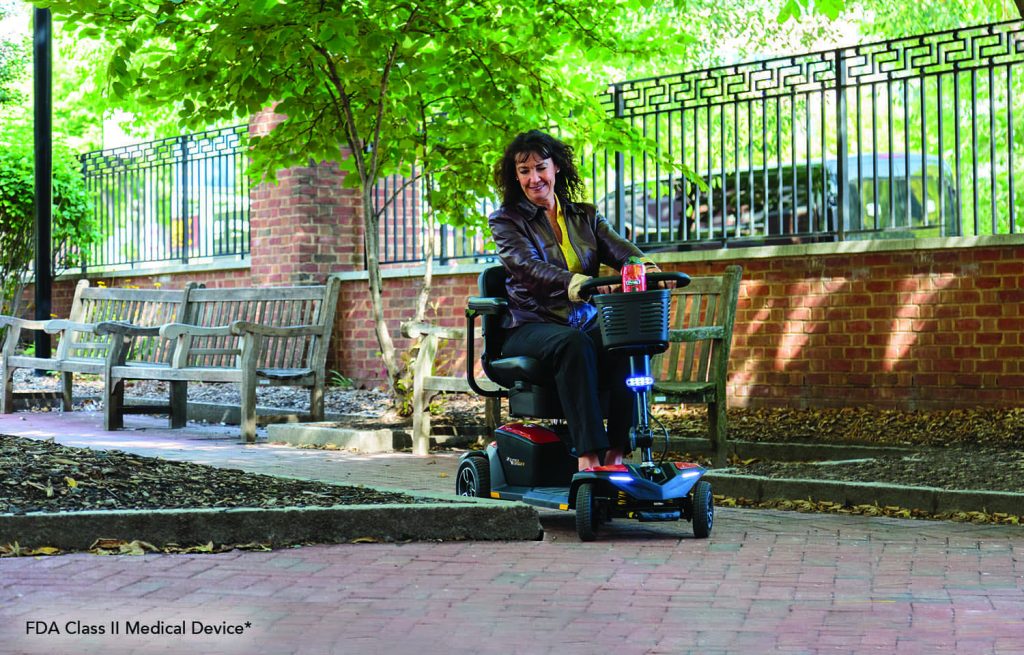When my doctor told me I needed to start oxygen therapy, my first reaction wasn’t relief—it was fear. Like many people, I associated oxygen therapy with being “sick” or “dependent.” I worried about how it would change my life, my independence, and even how others might perceive me. But four years later, I can honestly say that starting oxygen therapy was one of the best decisions I’ve ever made for my health and well-being.
Adjusting to oxygen therapy is as much an emotional journey as it is a physical one. In this article, I’ll share my personal story of overcoming fear, finding acceptance, and ultimately embracing the life-changing benefits of oxygen therapy.
The Day I Was Diagnosed
I’d been struggling with shortness of breath for months. Climbing stairs left me winded, and even simple tasks like cooking or folding laundry felt exhausting. After a series of tests, my pulmonologist explained that my oxygen levels were dangerously low and that I needed supplemental oxygen.
Hearing the words “oxygen therapy” hit me like a ton of bricks. My mind raced with questions:
- “Does this mean I’ll never get better?”
- “What will people think of me wearing a cannula?”
- “Will I ever feel normal again?”
The First Few Weeks: Facing the Adjustment Period
Starting oxygen therapy was overwhelming at first. The physical adjustment to wearing a nasal cannula and carrying a portable oxygen concentrator was challenging enough, but the emotional impact was even greater.
Coping with the Stigma
I felt self-conscious whenever I went out in public with my oxygen concentrator. I worried that people would stare or pity me. To my surprise, most people didn’t seem to notice, and those who did were kind and understanding. Over time, I realized that my health mattered more than the opinions of strangers.
Dealing with Grief
I also experienced a sense of loss—of my former self, my independence, and my expectations for the future. It’s okay to grieve when life takes an unexpected turn. Allowing myself to feel those emotions helped me move forward.
Finding Support and Encouragement
I quickly learned that I wasn’t alone in this journey. Finding a community of others who understood my experience made all the difference.
Connecting with Others
Joining a local support group for oxygen therapy users helped me realize that I wasn’t the only one facing these challenges. Hearing others’ stories and tips gave me hope and practical solutions. Online forums and social media groups also provided a sense of belonging.
Leaning on Family and Friends
At first, I hesitated to share my feelings with my loved ones, but opening up about my fears and frustrations brought us closer. Their encouragement reminded me that I didn’t have to face this alone.
Rediscovering Independence
One of my biggest fears was losing my independence. I worried that oxygen therapy would limit my ability to travel, attend social events, or do the things I loved. But as I adjusted, I realized that oxygen therapy wasn’t a restriction—it was a tool to help me live more fully.
Learning to Navigate with My POC
Portable oxygen concentrators (POCs) made it easier for me to stay active and mobile. With proper planning, I was able to attend family gatherings, go shopping, and even take short trips.
Setting Small Goals
I started with small goals, like walking around the block or visiting a nearby park. Each milestone boosted my confidence and reminded me of what I could still accomplish.
Embracing the Benefits of Oxygen Therapy
As I settled into my new routine, the benefits of oxygen therapy became clear. I felt more energized, could breathe easier, and slept better at night. My doctor even noticed improvements in my overall health.
Physical Benefits
- More Energy: With proper oxygen levels, I had the stamina to enjoy everyday activities again.
- Better Sleep: Oxygen therapy reduced the nighttime breathlessness that had disrupted my rest.
- Improved Quality of Life: Tasks that once felt impossible became manageable again.
Emotional Growth
Over time, I began to see oxygen therapy not as a limitation, but as a gift that allowed me to reclaim my life.
Lessons Learned Along the Way
1. It’s Okay to Ask for Help
Whether it’s asking your doctor questions, seeking support from loved ones, or joining a community, you don’t have to navigate this journey alone.
2. Celebrate Small Victories
Every step forward, no matter how small, is progress. Whether it’s walking farther or feeling less tired, acknowledge and celebrate these wins.
3. Prioritize Your Well-Being
Oxygen therapy is about taking control of your health. By embracing it, you’re giving yourself the best chance to thrive.
FAQs
1. Is it normal to feel anxious about starting oxygen therapy?
Absolutely. It’s common to feel nervous or overwhelmed at first. Take things one step at a time and give yourself grace as you adjust.
2. Will I ever get used to wearing a nasal cannula?
Yes, most people adapt to wearing a nasal cannula within a few weeks. If you experience discomfort, talk to your provider about different options or adjustments.
3. Can I still travel with oxygen therapy?
Yes! With portable oxygen concentrators, traveling is possible and manageable. Plan ahead, check airline requirements, and pack extra batteries.
4. How do I cope with feeling self-conscious in public?
Focus on the benefits of oxygen therapy and remind yourself that your health comes first. Connecting with others who use oxygen therapy can also boost your confidence.
5. Will I need oxygen therapy forever?
It depends on your condition. Some people use oxygen therapy temporarily, while others need it long-term. Your doctor can provide guidance based on your health needs.
Conclusion: From Fear to Acceptance
Starting oxygen therapy was a life-changing experience—not just for my health, but for my mindset. While the journey wasn’t always easy, it taught me resilience, gratitude, and the importance of prioritizing my well-being.
If you’re just beginning your own oxygen therapy journey, know that it’s okay to feel scared or uncertain. With time, support, and a positive outlook, you can embrace this new chapter and discover how oxygen therapy can improve your life in ways you never imagined.
Breathe deeply, live fully, and remember—you’re not alone.






